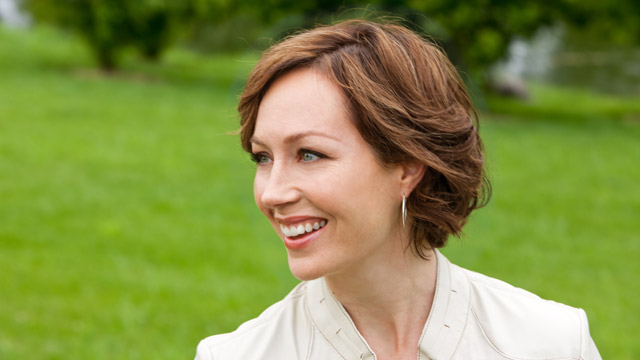Last fall, I attended a fascinating conference put on by McLean Hospital and Harvard Medical School. The focus? Coaching.
And it wasn’t just about health coaching, mind you (for more on that, read “Help Wanted: Health Coach,” in the November 2007 archives), but also life coaching, executive coaching — pretty much any kind of person-developing, skill-building, behavior-changing coaching you can imagine.
Surrounded by doctors, nurses, psychologists, administrators, academics (and, of course, coaches of all stripes), I had the sense I was witnessing a subtle but important metamorphosis. Clearly, there’s a growing awareness among a swath of America’s elite health experts that it’s time for us to expand our tool set for addressing our population’s most pressing health challenges, many of which culminate from unconscious and destructive life patterns.
In many cases, these are behavioral patterns (like unhealthy eating, toxic thinking, undersleeping and avoiding physical activity) that not only make us ill, but also make us miserable. And, typically, they are patterns we either don’t entirely understand or feel powerless to change.
These patterns will not, as a rule, be reversed by any pill, surgery or diet. They require a whole-person approach that, up until now, has been beyond the purview of Western medicine. But it seems that may be changing.
The field of coaching has been around for only a few decades, and it is still in its developmental stages, but the promise it shows for guiding and supporting people through change is considerable. I realize that coaching may not reach the masses anytime soon. But I do believe that over the next several years, the competencies it emphasizes will become an increasingly important element in many “lifestyle-medicine” models of care.
Coaching assumes, in essence, that an individual’s bodily well-being depends in good part on the state of his or her heart, mind and spirit. Coaching posits that our physical vitality hinges on us leveraging our inborn strengths and passions — and getting past the limiting patterns that blunt our ability to do so.
One terrific workshop at the conference, led by Harvard psychologist and researcher Robert Kegan, PhD, guided us through a process designed to help us identify and overcome our own “Immunity to Change.” The concept was so simple and so ingenious — and resulted in so many big “aha!” insights — that it left hundreds of rather serious-looking MDs, RNs and PhDs (and at least one magazine editor) wearing big, sheepish grins of self-recognition.
On the road to developing our best gifts and claiming our deepest sources of satisfaction, we all have counterproductive reflexes and unconscious beliefs that stand in our way. It makes sense that we develop the courage and wisdom to face them well.
Sometimes the opportunity to change our lives blooms gradually, presenting us with possibilities we can contemplate and prepare for. Sometimes painful changes strike without warning, leaving our lives transformed in ways we don’t welcome.
But in all our lives, throughout our lives, there’s one certainty, and that’s that change will come. How we respond to it depends a great deal on the skills, strength and support systems we have at our disposal.
So I like the idea of practicing change, and developing our facility with it the way we’d exercise a major muscle group. I’m also a fan of “conducting experiments,” of tinkering with our own daily life patterns and assumptions, just to see what happens.
That’s what this issue is all about — making adjustments with enthusiastic willingness, resiliency, and perhaps even a big grin.

This Post Has 0 Comments